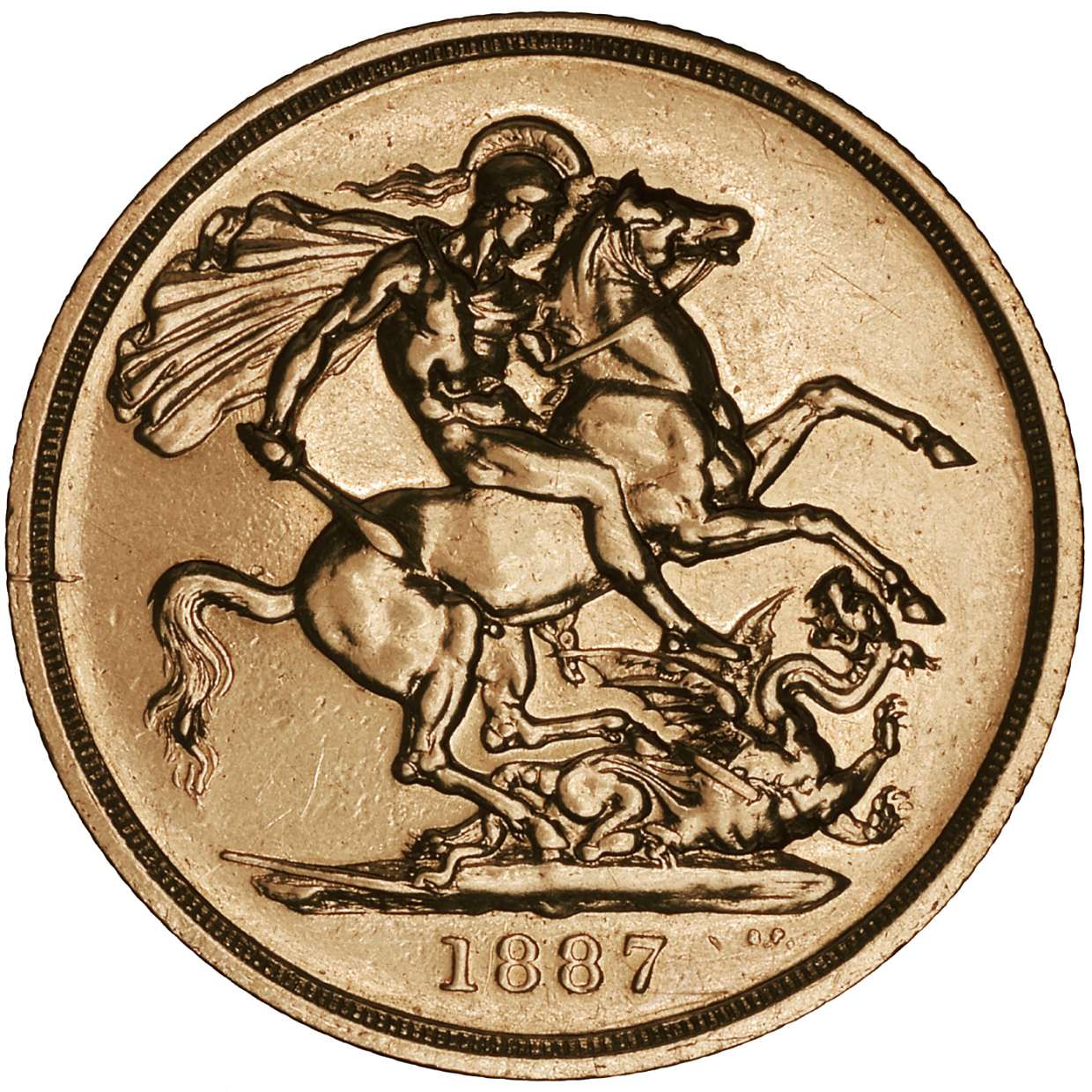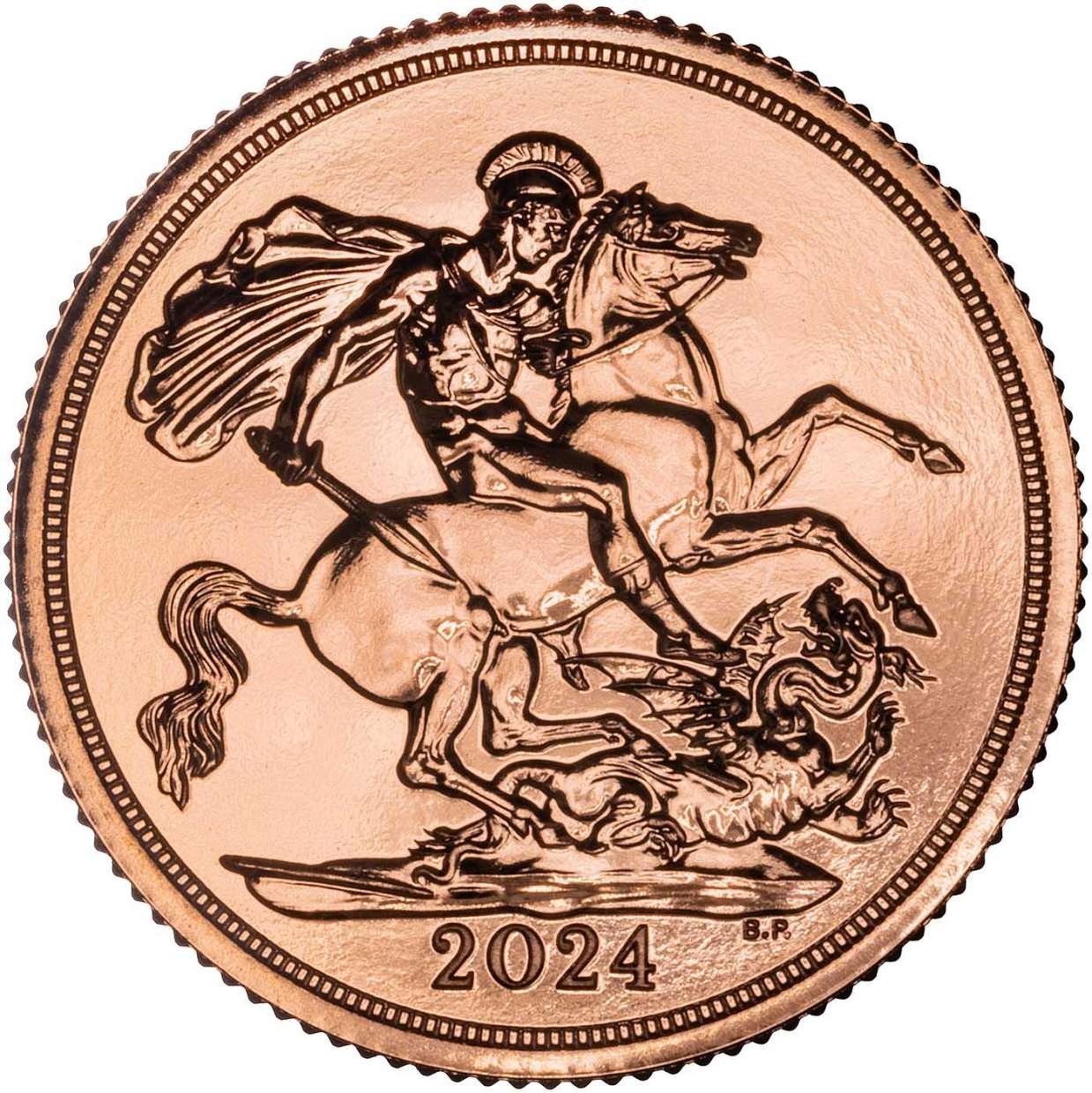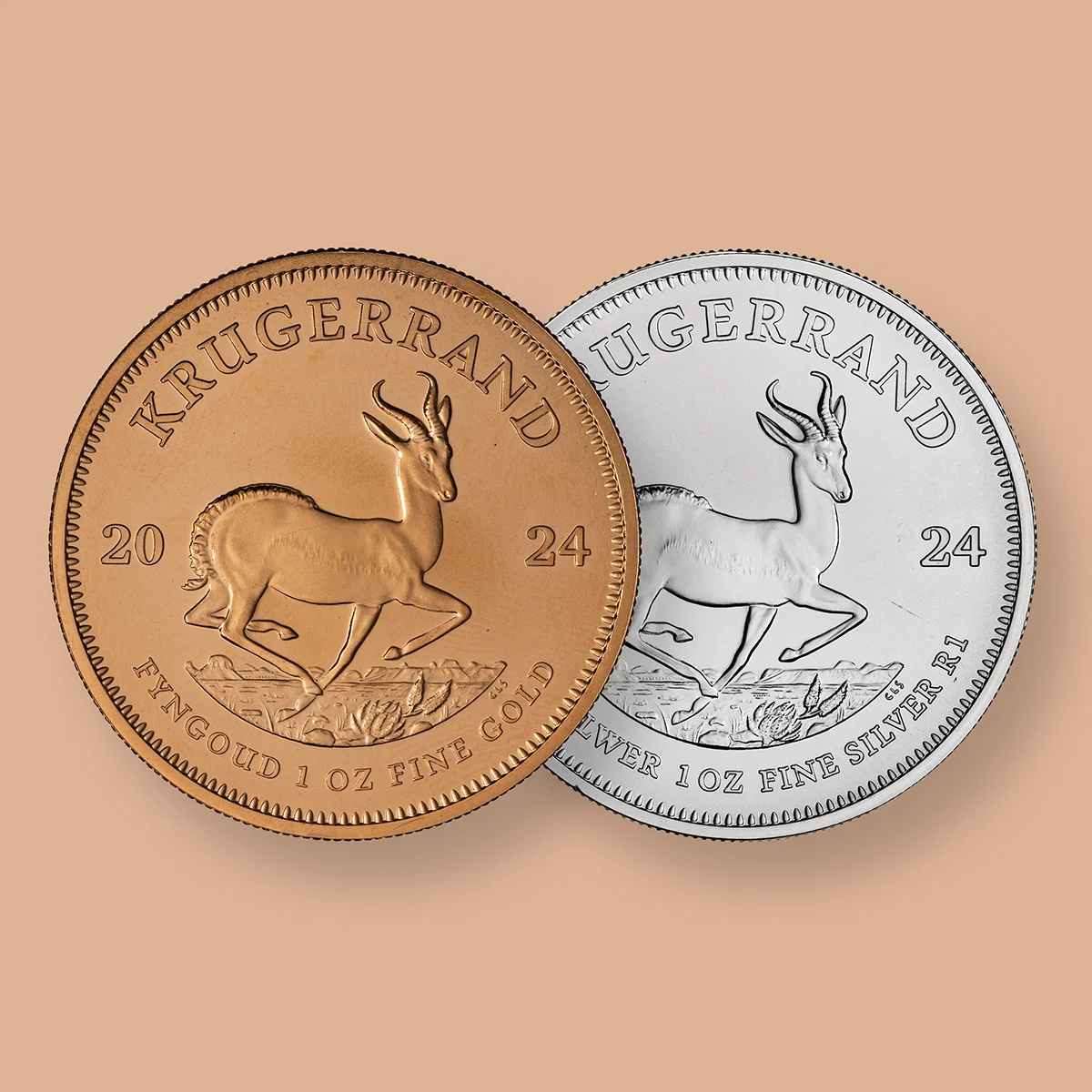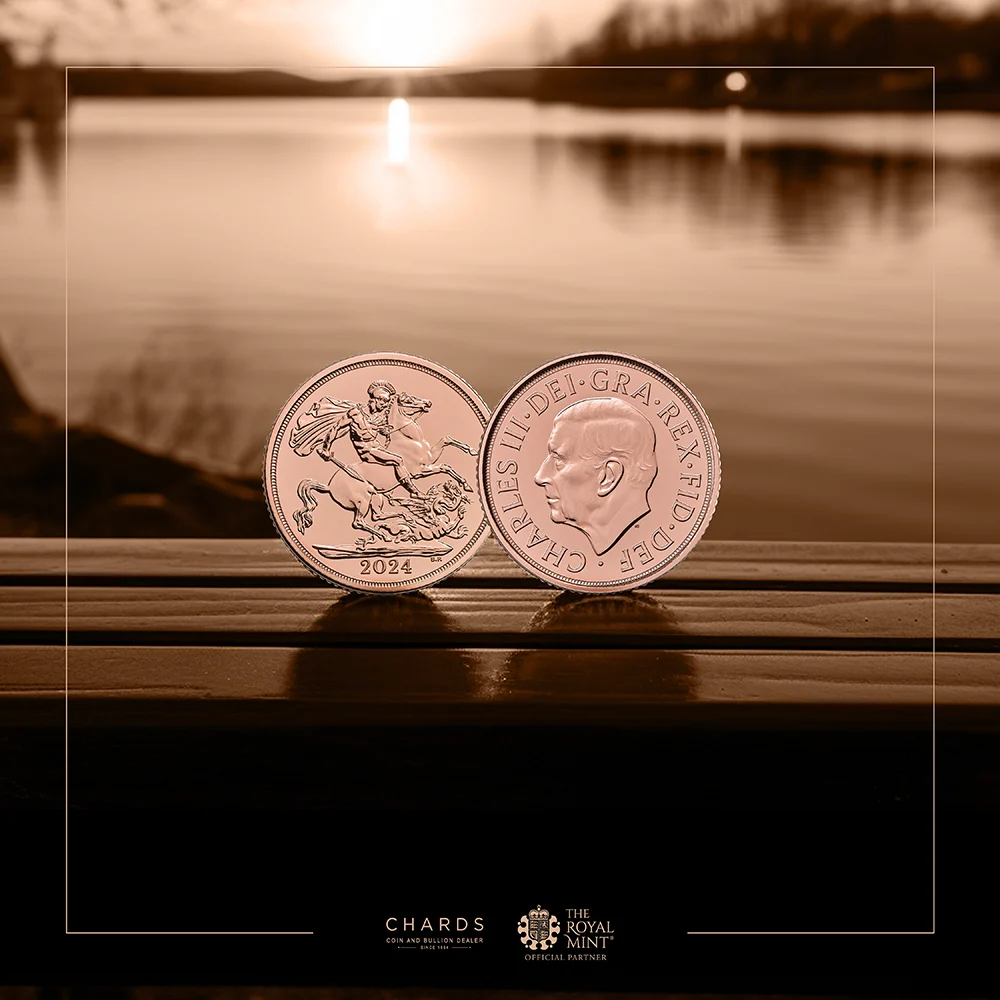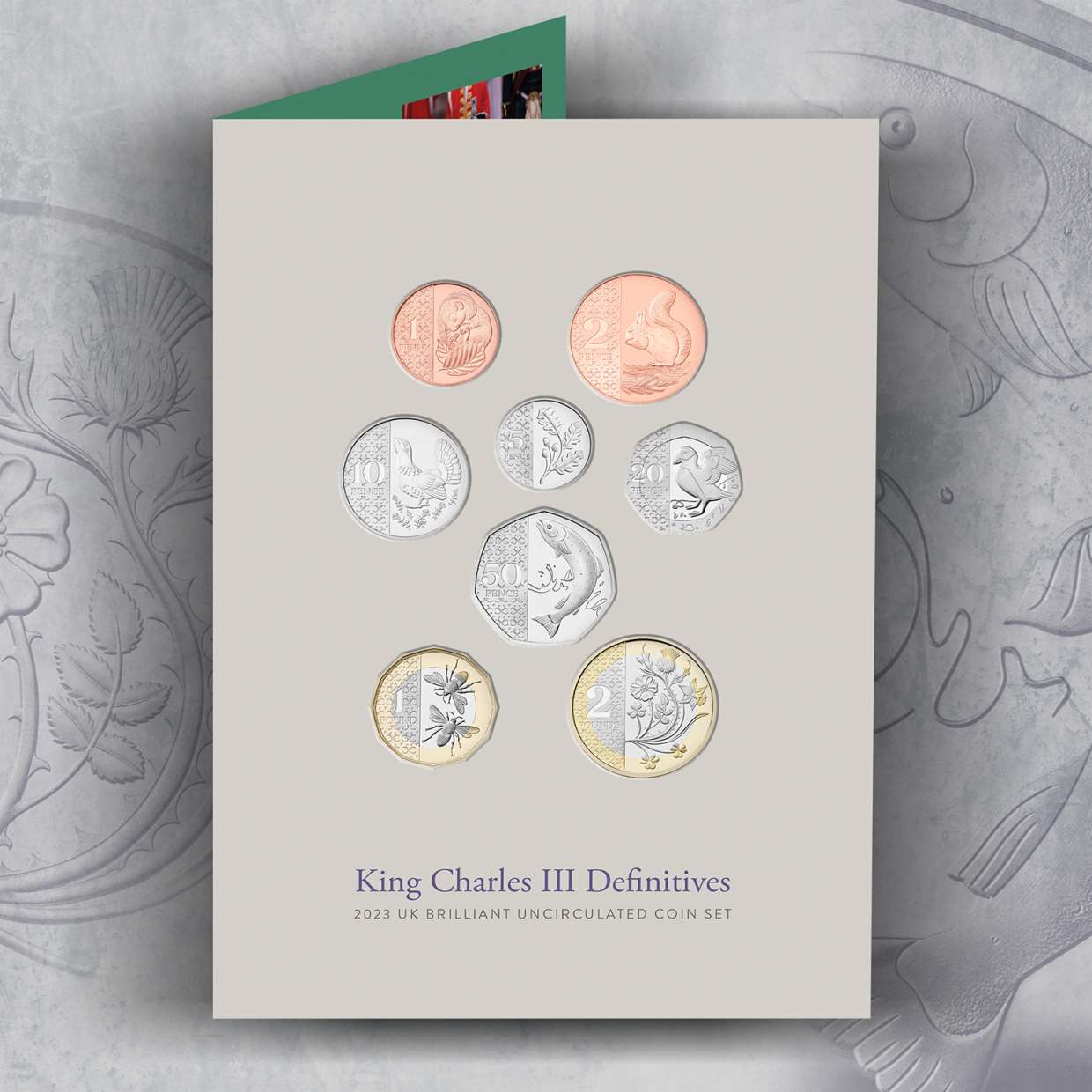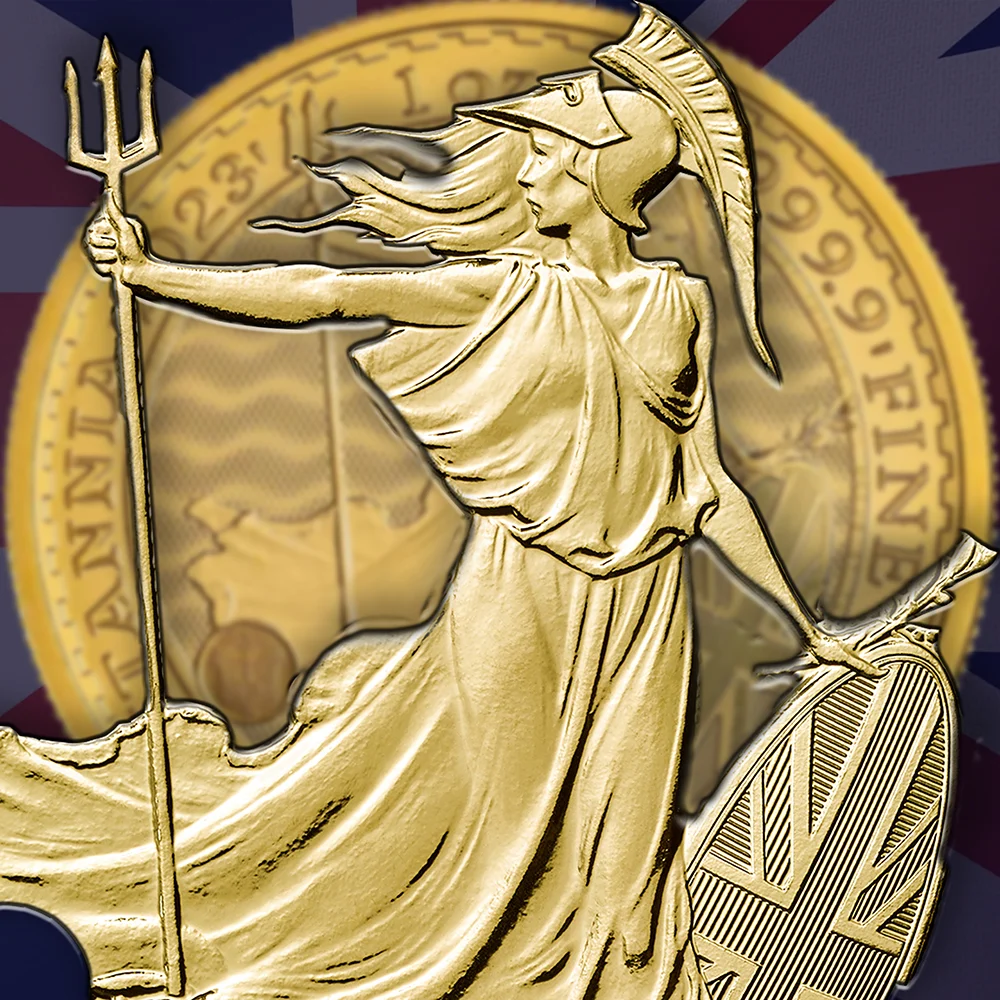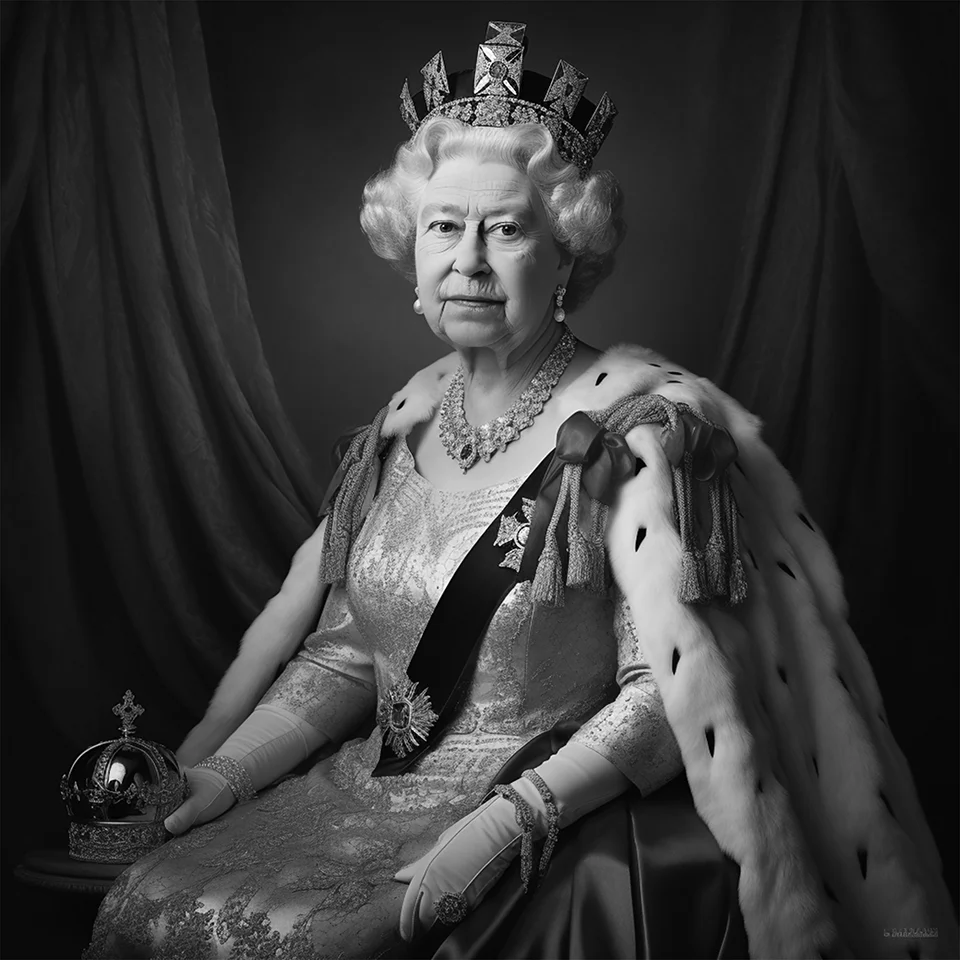China Adds 18 More Tons of Gold
Synopsis
China continues to stockpile gold, adding 18 tons to its national reserve in March, marking a five-month buying spree that began in November 2022. Economists suggest that China may be seeking to reduce its dependence on the US dollar and potentially create a gold-backed currency, which could have significant implications for the global economy.

China Acquires Over 100 Tons of Gold in a 5 Month Period
China's relentless pursuit to stockpile gold continues with the People's Bank of China (PBOC) adding a staggering 18 tons to its national reserve in March, bringing the total to 2,068 tons. This marks a continuation of a five-month buying spree that began in November 2022. With the World Gold Council predicting a strong demand for gold this year, central banks are expected to continue hoarding gold. In 2022, central banks purchased their highest amounts of gold since 1974, as gold is considered a safe-haven asset and a reliable store of value.

What Is the Motivation of China Buying Gold?
For many years, China's gold reserves remained stagnant until November 2022, when the country started consistently adding to its reserves, purchasing over 100 tons in the last five months alone. This has prompted questions about the reasons behind China's sudden interest in gold.
Economists suggest that China's gold stockpiling may be part of a broader strategy to reduce its dependence on the US dollar. The US dollar, as the world's reserve currency, is used for international trade and held in reserves by central banks worldwide. While this confers significant economic and political power to the US, it also means that other countries are vulnerable to fluctuations in the US economy.
China, in particular, has been looking to reduce its dependence on the US dollar. One solution is to diversify its reserves and hold other currencies and assets. Another solution is to promote the use of other currencies in international trade, such as the Chinese yuan. However, a more radical solution would be to create a new currency that is not tied to the US dollar.
This is where gold enters the picture. Gold has been historically used as a backing for currencies, with currencies being backed by a fixed amount of gold, limiting the amount of currency in circulation by the amount of gold held by the central bank. While this system was abandoned in the 20th century, some policymakers and economists have suggested that a return to a gold-backed currency could stabilise the global economy.

China’s Potential Plans for a Gold-Backed Currency
In October 2022, Craig Singleton, a senior fellow at the Foundation for Defense of Democracies, suggested that China's gold buying spree could indicate that it is preparing to issue a gold-backed currency. He noted that China had purchased over 100 tons of gold in just five months, which is a significant amount.
State Duma Deputy Chairman Alexander Babakov recently suggested that such a currency might be presented at the BRICS summit in August. The BRICS countries (Brazil, Russia, India, China, and South Africa) have been working together to promote economic cooperation and reduce dependence on the US dollar. A gold-backed currency issued by China would be a significant development in this effort.

Implications of China's Gold Stockpiling
China's gold stockpiling is significant not only for its potential implications for the global economy, but also for what it reveals about China's growing economic power. China is the world's largest consumer and producer of gold, and its gold reserves are the sixth largest in the world, after the US, Germany, Italy, and France.
Moreover, China's increasing gold reserves may also impact the US dollar. As the world's reserve currency, the US dollar is used to settle international transactions and held in reserves by central banks worldwide. If more countries begin to diversify their reserves and hold fewer US dollars, it could weaken the US dollar's position as the world's reserve currency. This could have significant consequences for the US economy and the global economy.
Related Articles
This guide and its content is copyright of Chard (1964) Ltd - © Chard (1964) Ltd 2024. All rights reserved. Any redistribution or reproduction of part or all of the contents in any form is prohibited.
We are not financial advisers and we would always recommend that you consult with one prior to making any investment decision.
You can read more about copyright or our advice disclaimer on these links.


